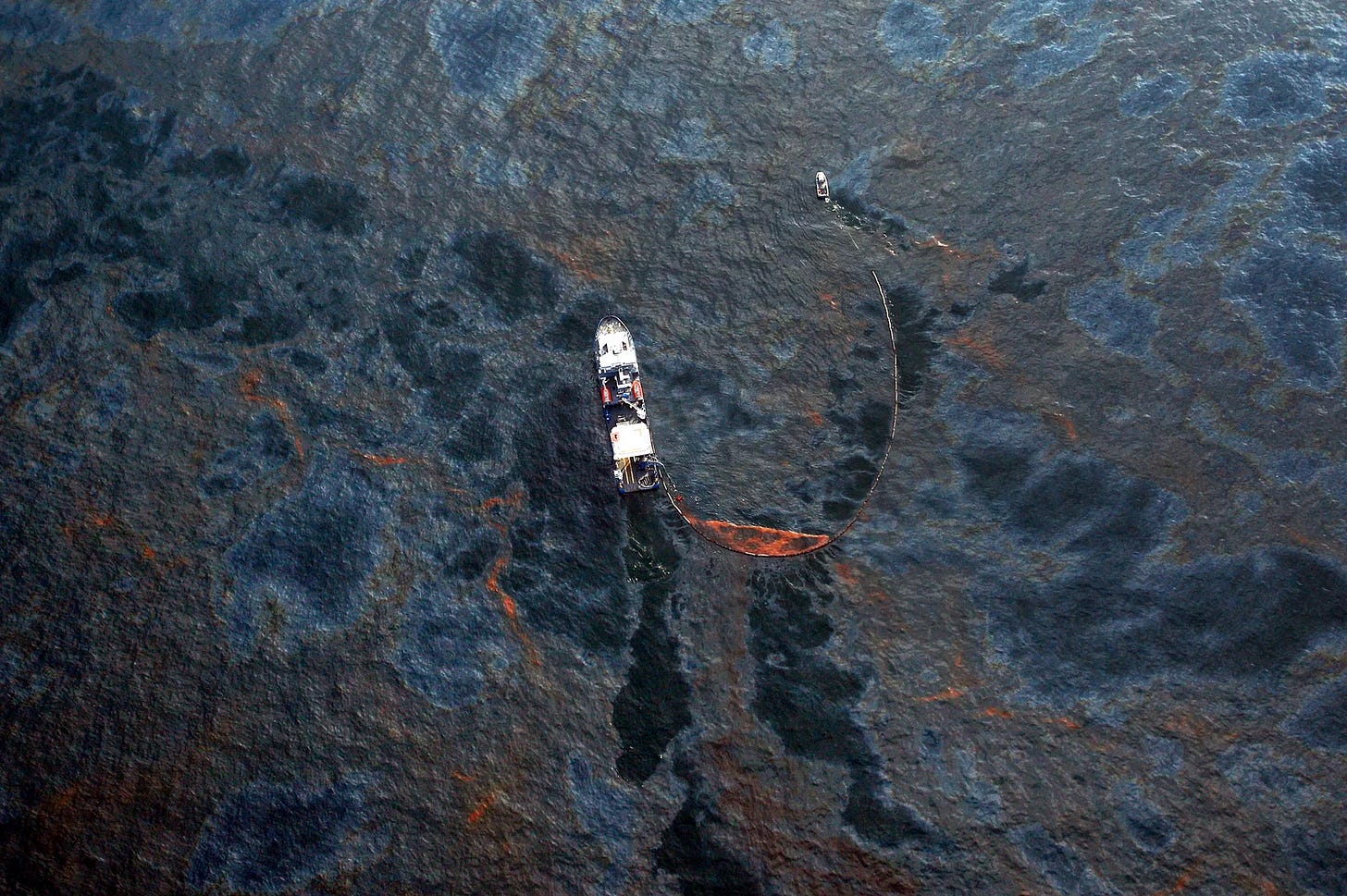FSO Safer: Why action is so time critical
The weather window is closing fast and the politics are fragile.
Calm before the Storm
David Gressly, the UN’s Resident and Humanitarian Coordinator for Yemen, has stressed that the rescue operation to get the oil off the Safer - estimated to take up to five months - needed to be completed by October before sea conditions got windier and wilder. With a few weeks to go until the end of September, the period of the calm before the storm is nearing its end.
There are several things to point out here:
The Safer has not been adequately maintained since at least 2015 when the Houthis first took control of the area near Hodeidah. Being a single hull tanker - one of the outcomes of the Exxon Valdez disaster is that oil tankers now need to be built with a double hull structure - it is particularly susceptible to wild sea conditions with its rusting hull.
Alarm bells really started ringing in 2020 when the ship’s engine room got flooded after a pipe burst and it took five days to pump the water out and institute a temporary fix to the leak. A more serious instance of flooding could cause the tanker to fill with so much water that it could essentially lose its balance and, being at the mercy of strong winds and choppy seas, possibly sink. If it loses its moorings it could head for, and be dashed by, coastal rocks; alternatively, its weakened hull could come apart.
The period of October to December has been highlighted as a period of stronger currents and winds in the region. After the pledging round in May, there was little room for delay for the operation to begin; now it is almost farcically late. Smit Salvage, the highly experienced and legendary Dutch company who have been tasked with the rescue operation, have certainly seen it all before, but having calmer conditions to work in are obviously much more ideal.
The Politics
Over several years before the ceasefire in April 2022, the UN made many attempts to get the Houthi’s permission to even board the Safer for an inspection - and were thwarted several times along the way by the Houthis - before finally achieving the Memorandum of Understanding in March of this year to allow the UN to conduct the rescue operation.
The Houthis, who were accused by many of using the Safer as a bargaining chip during the war, have now reportedly come out and somehow accorded the US, UK, Saudi Arabia and the UAE with "full responsibility for any disaster resulting from the FSO Safer”.
While an agreement was finally made possible without a ceasefire in place - an initial two-month ceasefire began in April 2022 and has been renewed twice in similar blocks now up to the end of September - it is not beyond the realm of possibilities that the Houthis could play more politics if another extension is not gained. Also, while the ceasefire has not been entirely peaceful, conducting a delicate rescue mission under conditions of a brutal war is not a desired outcome for anyone.



